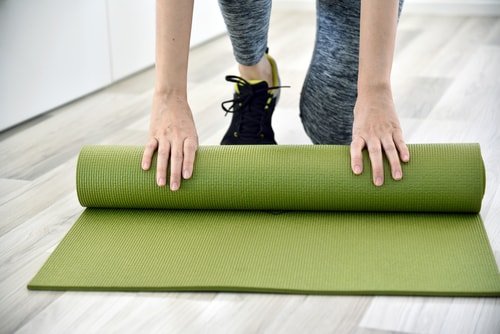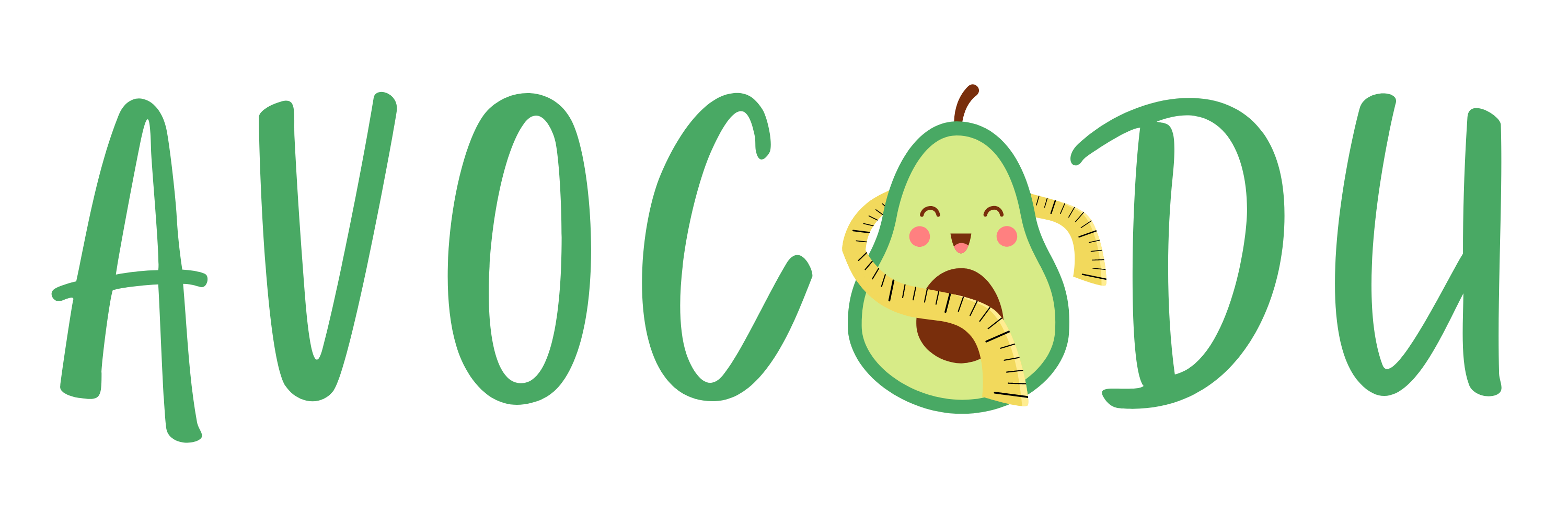How to Make Losing Weight a Habit When You’re Busy and Unmotivated
You know those days when you just feel like crawling back under the covers? Either you have way too much on your plate and don’t want to get up and face the day, or you just want to binge watch anything on Netflix.
Either option isn’t all that productive if you’re trying to lose weight.
If you’re overscheduled and overextended, where do you find the time to make losing weight a habit?
If you’re stuck in a rut, how do you dredge up the motivation?
Some days, it can seem impossible to build healthy habits. However, if you start small, shift your mindset, take baby steps and focus on the positive, you can make losing weight a habit that’s as automatic as brushing your teeth.
Maybe you’ve heard some of this before. However, these are proven strategies for building a beneficial weight loss habit even when being healthy is the last thing you feel like doing.
These steps can help you develop a formula that gets you out of your rut every time.
This post may contain affiliate links, which helps keep this content free. Please read our disclosure for more info.
Let’s Talk About Breaking the Bad Habits.
When you’re trying to set up healthy habits, your deeply rooted bad habits may be getting in the way. It can seem like shifting to a healthier habit takes a lot of willpower.
It does.
According to Marie Forleo, there are just two words that can help you break bad habits without worrying about your willpower. You can watch this video to hear more those two words, but I’ll sum it up for you.
The two words are: “I don’t.”
If you tell yourself that you can’t eat that cupcake, can’t sit on the couch all day or can’t snarf down that jar of Nutella, you’re going to feel deprived.
If you tell yourself that it’s something you just don’t do, you’re more likely to stay away from it without struggling with your willpower.
What’s the problem with relying on your willpower? The
The American Psychological Association says that willpower is like a muscle. It gets tired when it’s used a lot.
That means that if you depend on willpower to deprive yourself throughout the day, it’s going to be harder and harder to maintain your healthy objectives by the time evening comes.
When you tell yourself that the unhealthy habit is simply something that you don’t do, you trick your brain into thinking it’s a fact.
You don’t fatigue your willpower by going back and forth, only to give into your cravings after dinner.
Making A Decision
Do you ever tell yourself that you’re going to try to do your best to lose weight? Perhaps you’re going to a company party, and you tell yourself that you’re going to try to stay away from the cheese plate.
What do you think would happen if you made a firm decision to stay away from the cheese plate? If you make the pronouncement beforehand, your brain doesn’t have to work as hard during the party.

Brian Tracy says that you should decide and commit to it 100%. You may be thinking, “How can I commit 100% if I’m not sure that I will be successful?”
Think of it this way. Would you rather marry someone who said that he or she would commit to you 100% or 95%? Even though the statistics show that the rate of divorce is about 50%, you’re going to make the decision to commit 100%.
Sure, life happens. Sometimes you slip up.
That shouldn’t prevent you from making the maximum commitment in the first place.
If you’ve made the commitment, it’s easier to get back into the flow of things if you do fall off the wagon.
Take Baby Steps
If you’re so busy that life seems completely overwhelming already, adding a habit that may involve changing your routine can seem daunting. Planning to go to the gym for an hour after working a 10-hour day can lead to burnout.
Planning to go to the gym for an hour after working a 10-hour day can lead to burnout.
Work baby steps into your routine so that you have no excuse to avoid making a healthy change.
Instead of telling yourself that you’ll exercise for 30 minutes a day, start with 10.

Everyone has 10 extra minutes in their day, even if it means going to bed 10 minutes later or waking up 10 minutes earlier.
When you can establish consistency with the baby steps, you’ll find that it’s easier to broaden your perspective and feel more motivated.
The tiny new habits will become automated. You’ll create more time and motivation to move one step further.
Before you know it, you might be exercising for 30 minutes a day on the regular.
Focus on What You Can Do
If you tell yourself that you can’t have ice cream for a month, you may find it hard to fight the cravings when they hit.
However, if you tell yourself that you can eat as many colorful vegetables as you want, you may feel so abundant that you don’t miss the less-healthy items that you’re trying to avoid.
Maybe you can’t exercise for an hour a day. Focus on the fact that you can do 50 squats before you eat lunch.
Perhaps you’ve decided to give up dairy. Focus on the fact that you can sip on a huge green protein smoothie on your way to work.
Maybe you’re not drinking soda. Focus on the fact that you can consume as much fruit-infused water as you want.
Observe What Works
Daniel DiGriz, a contributor to Forbes Magazine, explains that changing your habits can be a struggle if you’re just experimenting with several different pieces of advice.
It’s important to be mindful of what’s going on as you work on forming a new habit.
It’s easy to be mindful of the negative. For instance, it’s hard to wake up before dawn to go running, disappointing to see that you’re losing less than a pound a week, and tough to be social when you’re not drinking alcohol.
What if you become more aware of the positive aspects of your habit formation?
For example, it’s simple to take a quick walk on your lunch break, encouraging to see your weight stop inching up every week, and fun to try a new social outlet, like going to the movies or riding bikes with your friends.

When you concentrate on what is working, you have a prescription for success. You can go back to that formula any time you want. You already know the results.
Coaching Positive Performance says that awareness is the primary step to changing a habit. When you’re aware of what’s keeping you on the couch (and what’s helping you get off it), you can repeat those successful steps over and over again.
Lastly, if you need a program to help you establish healthier habits and give you extra motivation, we’ve got you covered. This is EXACTLY what our entire 21-Day Fat Loss Challenge is centered around.
There is a reason that the length of the Challenge is 21 days. It’s because it generally takes most people 21 days to establish a habit.
The Challenge is designed to break your unhealthy habits with foods, especially sugar, refined carbohydrates, and other processed foods, and establish new, healthy habits in their place.
It also comes with access to a private support group with over 2,000 clients at various stages of their weight loss journey, sharing motivation, support, tips, and all kinds of Challenge-approved recipes!
The best part is, the Challenge was designed in such a way that it can be repeated in multiple rounds if you have more weight to lose. The majority of our clients are over 200 lbs, and they are having fantastic success with the program.
If you are READY to make a change in your life and build healthy habits for weight loss that will last a lifetime, check out our 21-Day Fat Loss Challenge to get started TODAY!
If you enjoyed this article on how to lose weight when you are busy or unmotivated or have any questions for us, please leave them in the comment section below!



Hey Cathy Dean, I’m really inspired by your great work. Have good luck forever!
Things nicely summed up in this article, I enjoyed reading every bit of it. Not long ago I knew someone who weighed 125 kilos and wasn’t exactly ready to move out of the comfort zone. Something changed in him and he somehow managed to come down to 80 kilos. I wasn’t sure what he actually did, but after reading the article I am sure that the things you mentioned are the key.